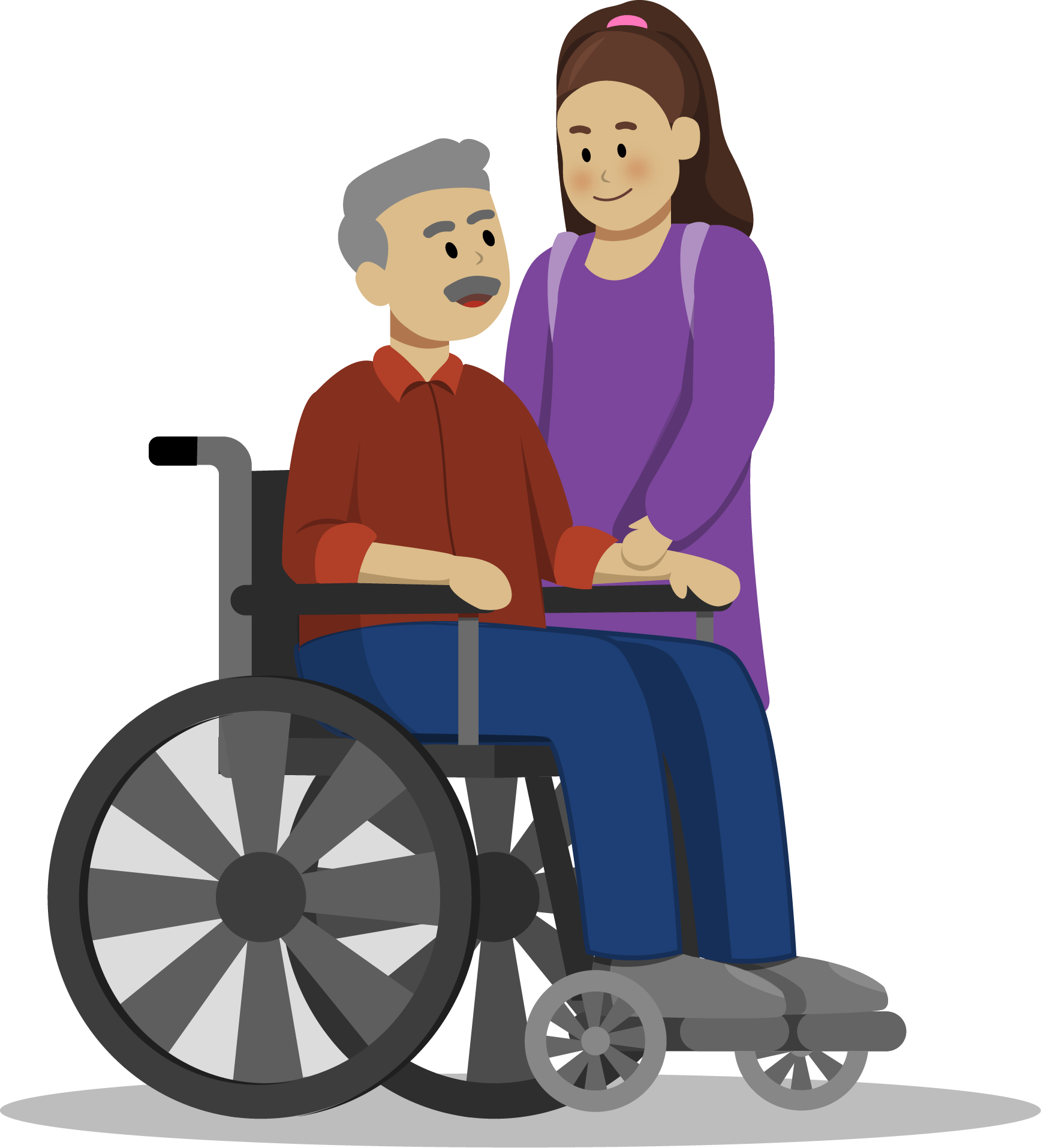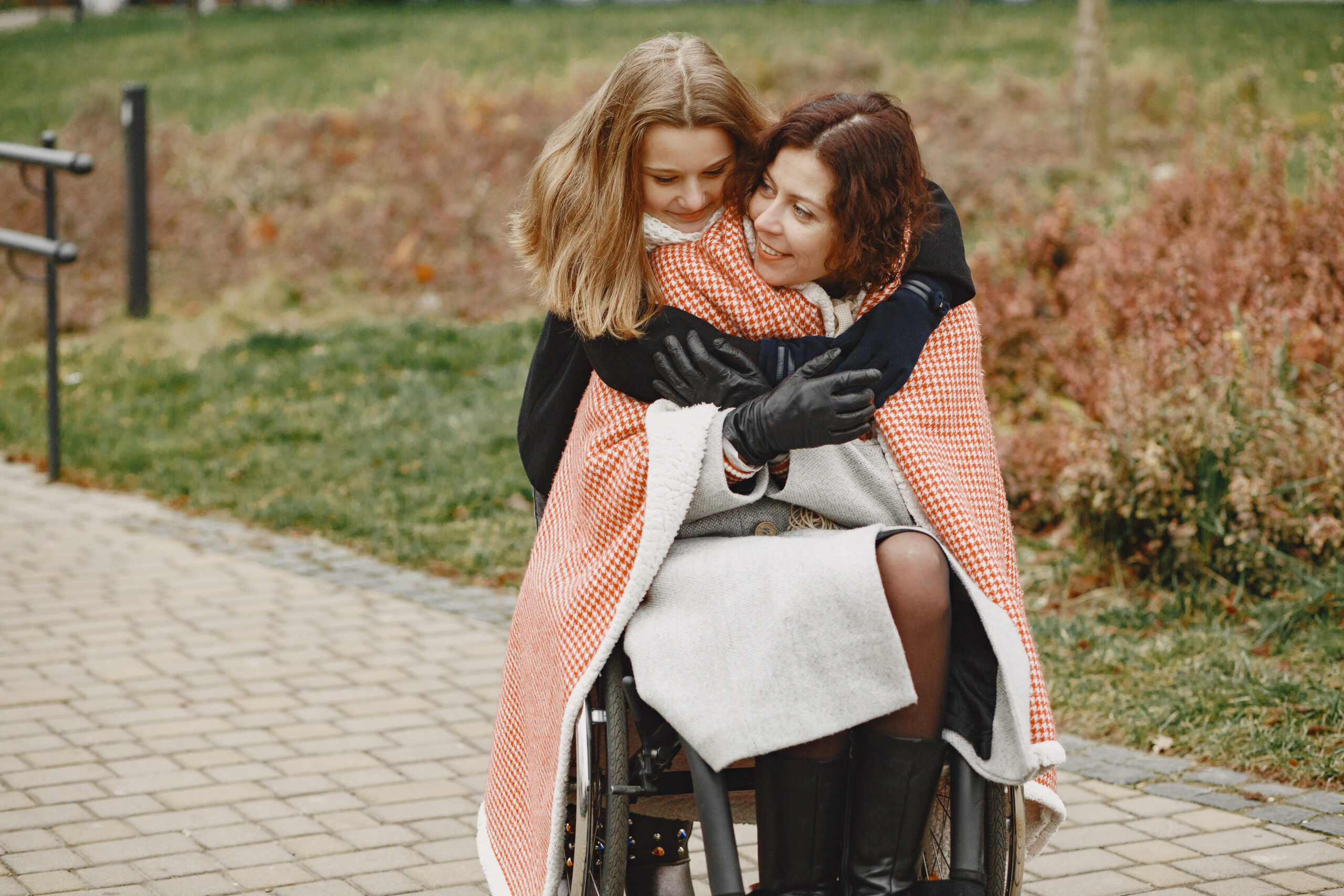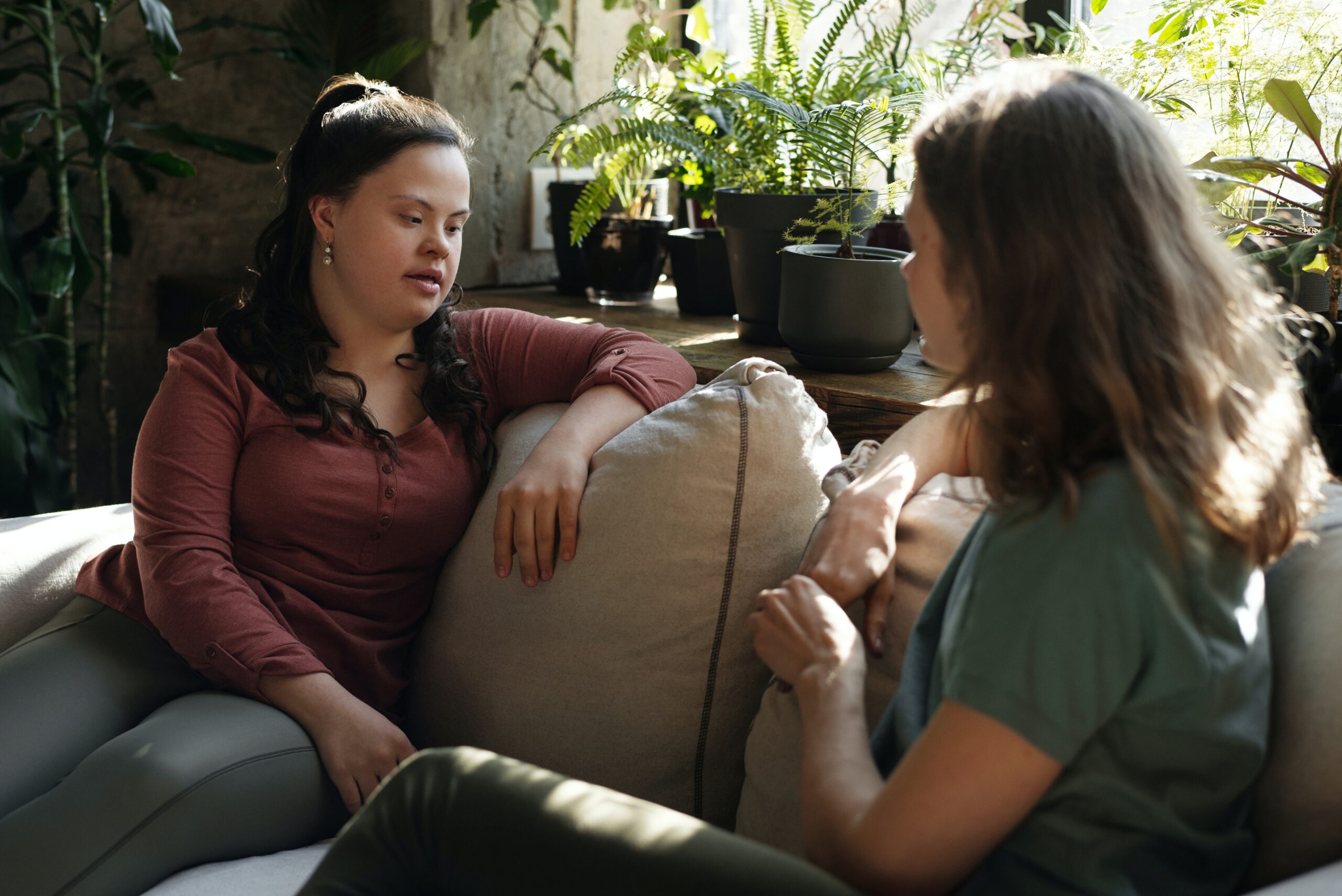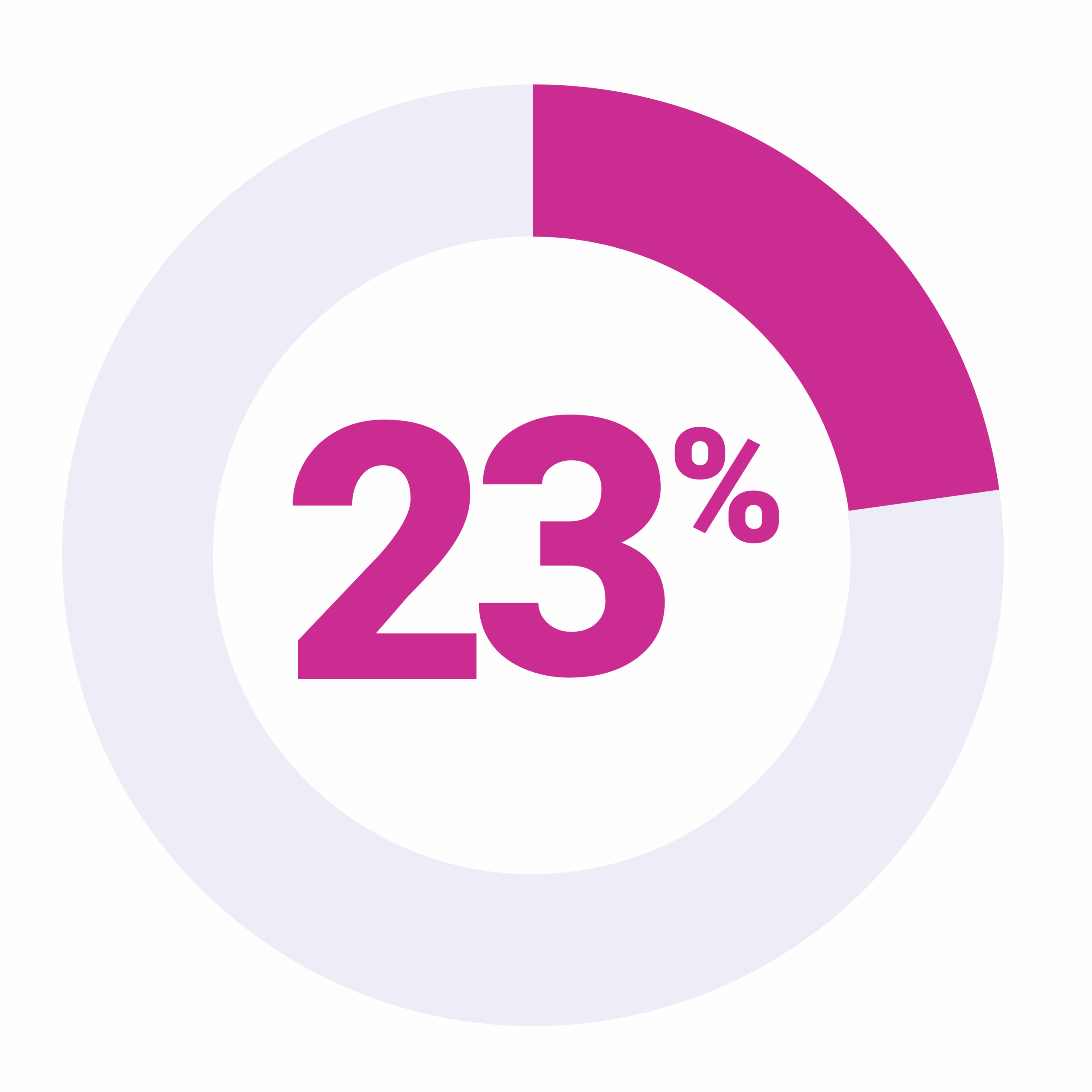Last Updated on 17th September 2025
Most children spend their weekends and evenings playing sports, gaming or going out with friends – but for young carers, life can look very different.
The lifestyle of being a carer is often a lonely one and for young carers, any isolation can be tough to cope with. Read our guide below to learn how to spot, support and stand with the young carers in your communities.
What is a Young Carer?
Young carers are children and young people under 18 years old who provide unpaid care to a family member who is disabled, physically or mentally ill, or misuses substances.

In Northern Ireland, a young carer is defined as someone under the age of 23 years old who provides care for a relative who is sick or disabled.

Isolation and Being a Young Carer
For a young person who is going through the emotional, mental, and physical changes that come with growing up, it is not surprising that many feel overwhelmed, stressed and suffer from anxiety or other mental health problems.
Being a young carer can be socially isolating. Due to the extra time constraints associated with providing care, there could be limitations on how much socialising they are able to participate in. Even if the young person has free time, they may be too physically or emotionally tired.
The isolation is not just about being unable to take part in activities with peers. Missing school, getting behind in schoolwork and/or getting ‘in trouble’ at school can all lead to young people feeling ostracised from the rest of their classmates.
It’s unfortunately still true that being in any way different can make a young person a target for bullying. A young carer who has a different routine from others, has different priorities and may even act more ‘grown-up’ than their peers could be a potential target for bullying. If a young carer is really struggling, there may also be aspects about their appearance that make them stand out, such as looking tired or personal hygiene issues.

Supporting A Young Carer
Despite struggling, many young carers will not ask for help as they may be embarrassed, or they don’t even view themselves as carers who need additional support – they’re just fulfilling their duty to keep their family unit functioning.
26% of parents say that community leaders such as teachers or club organisers are unaware that their child is a young carer (MYTIME Young Carers, 2025).
You can help by looking out for signs that a pupil or young person you know could be caring for someone and struggling to cope, such as:
Every young carer’s role as a care provider will be different and consist of different tasks and responsibilities. The level of support they already receive, the level of care they give and how much their own needs are already being met are just a few of the factors that will influence how much, and in what form they need support from others. However, here are just some of the ways in which you can offer your support to a young carer:
Join our Safeguarding Hub Newsletter Network
Members of our network receive weekly updates on the trends, risks and threats to children and young people online.




